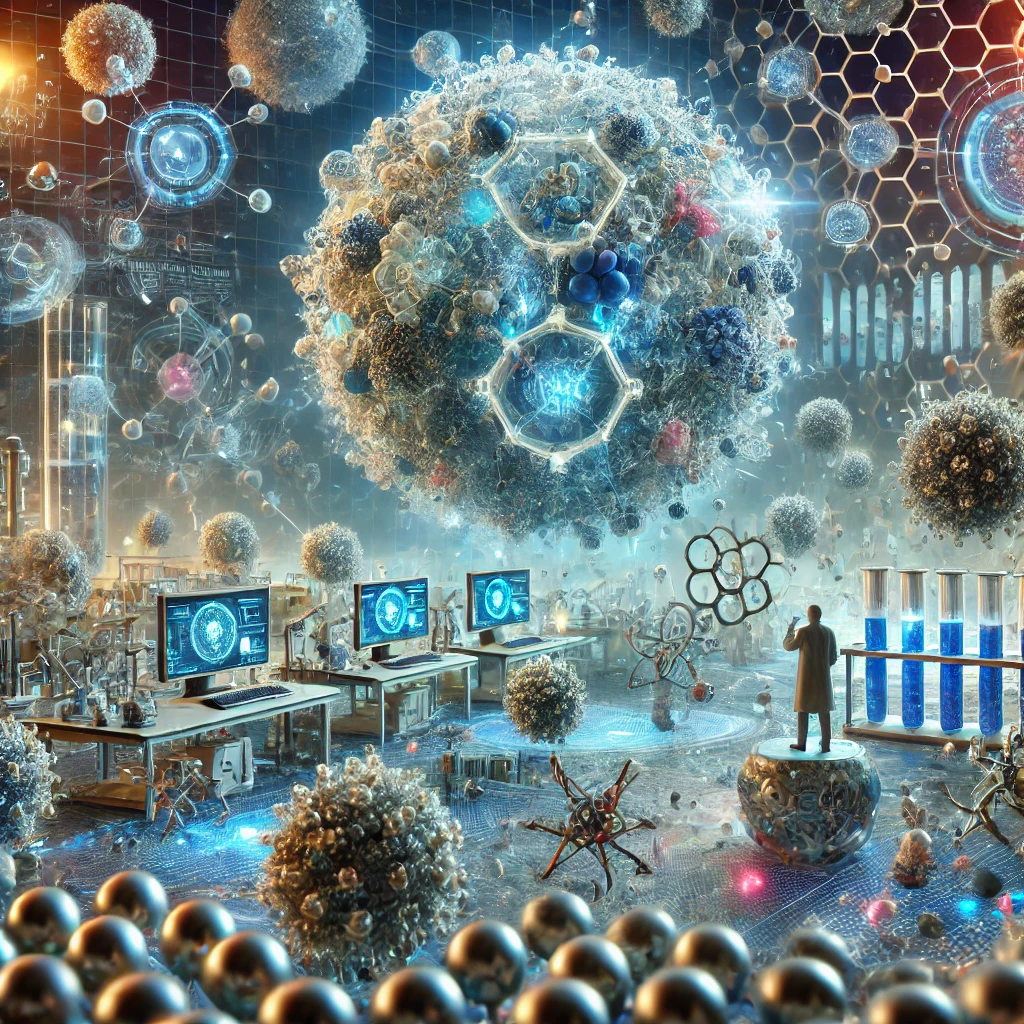Nanotechnology: The Small Science Causing a Revolution in Big Ways
What Is Nanotechnology ?
Nanotechnology is a captivating field of science that has an influence on how we handle and work with materials at a super small scale—smaller than 100 nanometers. To give you an idea, a nanometer is a billionth of a meter! At this tiny level, materials can show unique traits allowing researchers to create new and better products with amazing abilities.
How Does Nanotechnology Function?
When you shrink materials to the nanoscale, they often act quite from their bigger versions. They might get stronger, weigh less, or react more because of changes in how their atoms or molecules are arranged. Scientists use these traits to come up with new ideas in many areas. Take nanoparticles, for instance. They can make things last longer, help medicines work better, or even boost how well electronics perform.
How People Use Nanotechnology in Real Life
Nanotechnology is already changing the game in lots of industries:
- Medicine and Healthcare: Nanotechnology shows great promise in medicine. It allows nanoparticles to deliver drugs straight to sick cells, like tumors. This makes treatments work better and cuts down on side effects. This tech also boosts diagnostic tools and fake limbs.
- Electronics: Nanotechnology makes it possible to keep shrinking electronic devices. It helps create faster smaller, and more powerful gadgets. This improves everything from phones to advanced computer chips.
- Energy Sector: Nanotechnology drives new ideas in clean energy. It makes solar panels work better, helps batteries last longer, and adds to long-lasting energy storage answers.
- Environmental Solutions: Nanotechnology provides new ways to fight pollution. Scientists use nanoparticles to clean water, purify air, and help with oil spill cleanups.
- Advanced Materials: Engineers apply nanotechnology to create materials that are light yet strong. These materials are causing a revolution in industries like car manufacturing and aerospace making vehicles more fuel-efficient and long-lasting.
The Future of Nanotechnology
Nanotechnology opens up a world of exciting possibilities. Researchers are looking into creating nanobots—microscopic robots that could do complex jobs inside the human body, like fixing damaged tissues or going after cancer cells. What’s more, this tech could spark big advances in quantum computing super-fast data crunching, and high-precision manufacturing.
Challenges and Ethical Considerations
Even with its huge potential, nanotechnology brings its own set of hurdles and moral quandaries. We don’t yet grasp the long-term effects of nanoparticles on people’s health and the environment, which makes ongoing studies and rules crucial. On top of that, we need to tackle the ethical issues around using nanotechnology for spying, warfare, and invading privacy as this tech keeps growing.
